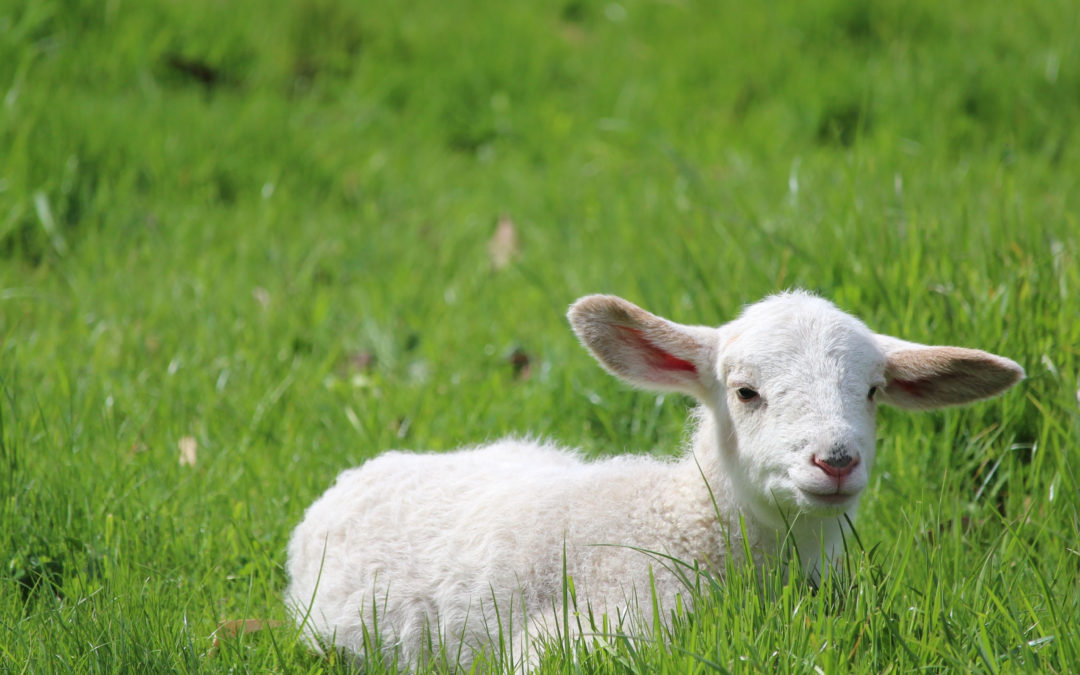The image we have of God is crucial. Our understanding of God represents our view of reality, and our view of reality determines our experience of life. If we see God as the highest good we can imagine, as love, then our hearts will remain open to grace even in the midst of suffering. But if we understand God to be vengeful and withholding, life will be dark and depressing. Not even atheists can escape the God-influence: if there is no God, life has no inherent meaning or purpose because our existence is merely the result of blind evolutionary forces. This bleak view of life is the very definition of nihilism! In the following Gospel passage, Jesus paints a picture of the living God that is both beautiful and true:
Tax collectors and sinners were all drawing near to listen to Jesus, but the Pharisees and scribes began to complain, saying, “This man welcomes sinners and eats with them.” So to them he addressed this parable. “What man among you having a hundred sheep and losing one of them would not leave the ninety-nine in the desert and go after the lost one until he finds it? And when he does find it, he sets it on his shoulders with great joy, and upon his arrival home, calls together his friends and neighbors and says to them, “Rejoice with me because I have found my lost sheep.” I tell you, in just the same way there will be more joy in heaven over one sinner who repents than over ninety-nine righteous people… I tell you, there will be rejoicing among the angels of God over one sinner who repents.
(Luke 15:1-7)
God is the Good Shepherd. When we have strayed from the path of truth, beauty, and goodness, God neither condemns nor shames us; God gives only love, so much love that the Good Shepherd searches us out and meets us right where we are no matter how far we have fallen. When Sri Yukteswar took Yogananda on as a disciple, he promised to find him even if he sank into the lowest astral hell. This is love; this is God.
But the story does not end there. Not only does the Good Shepherd find the lost sheep, but he carries it back to the sheepfold on his shoulders. Translation: God carries all of us. Everything in the spiritual life is grounded in grace. We woke up today because of grace. You are reading these words because of grace. We live by grace. We pray and meditate as a response to grace. Grace is nothing other than the freely given force and energy of God’s love. The burdens we carry are first and foremost God’s burdens; our job is to learn to allow God to care for us.
Still deeper, the Good Shepherd brings the lost sheep back to the sheepfold, back into joyous communion with heaven’s angels and those cosmic forces that serve our evolutionary process. Sri Yukteswar referred to this level of realization as maharloka, the experience of ourselves as living from the abode of the saints. Yogananda tells us, “The wise, sattvic man patterns his life after the celestial design, and knowingly or unknowingly receives help from deities (angels) to whom God has entrusted the highest functions of the phenomenal worlds.”
The first and most important step we must take in this process is simply to admit to ourselves that we are lost and need help. God and guru become a conscious force in our lives to the extent we acknowledge the ego’s inability to manage life in a wise and meaningful manner. Asking God and guru for help is a profound and liberating spiritual practice. Only when we reach the limit of our own powers can we begin to experience the Good Shepherd taking charge of our lives and guiding our steps.
Beloved God,
Faithful guru,
When I am lost
You are waiting near
And listening for my cry.






